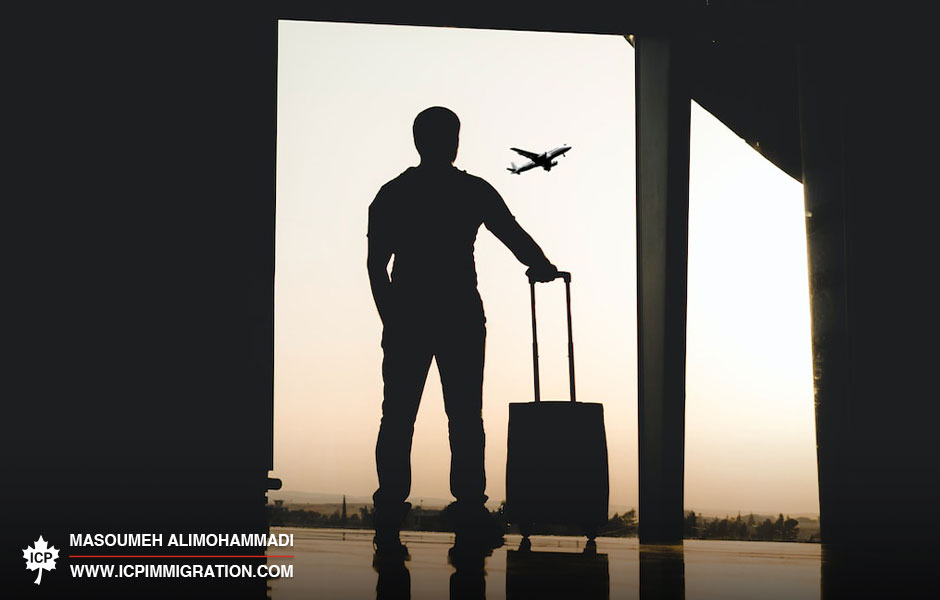General Requirements for All Travelers to Canada
When traveling to Canada, whether as a permanent resident, work permit, or study permit holder, you need to present specific documents at the port of entry. This includes a passport and a visa or eTA (electronic Travel Authorization). These documents are essential to verify and confirm your status in Canada.
New Permanent Residents
As a new permanent resident, you must have a Confirmation of Permanent Residence (COPR) document. This document validates your status and is necessary for completing the PR process in Canada. The COPR is typically valid for one year and is linked to your medical exam and passport. If you're already in Canada, you will receive an e-COPR online.
Work Permit Holders
If you hold a work permit, you need to carry your passport, a visitor visa or eTA, relevant travel documents, proof of job requirements, and a copy of your employer’s LMIA or CAQ (for Quebec). If your employment is LMIA-exempt, you'll need an offer of employment number. Additionally, a Letter of Introduction (LOI) may be required to show that your work permit has been approved.
Study Permit Holders
As a study permit holder, you should have a valid travel document, the LOI from the visa office, a letter of acceptance from your school, any requested reference letters, a valid visitor visa or eTA, and sufficient funds for your stay. You must also be in good health, have no criminal record, and provide an immigration medical exam result if applicable.
Bringing Belongings to Canada
Newcomers can bring their belongings but must declare them using a CBSA (Canada Border Services Agency) declaration form. For larger assets, a “Goods to Follow” list is necessary. There is no limit on the amount of cash you can bring, but amounts over $10,000 CAD must be declared to the CBSA.




